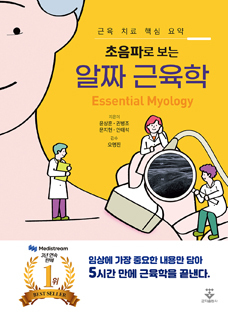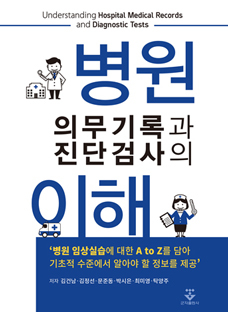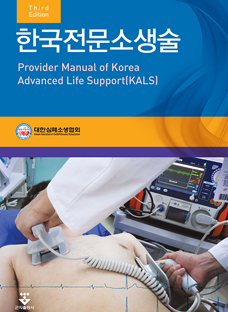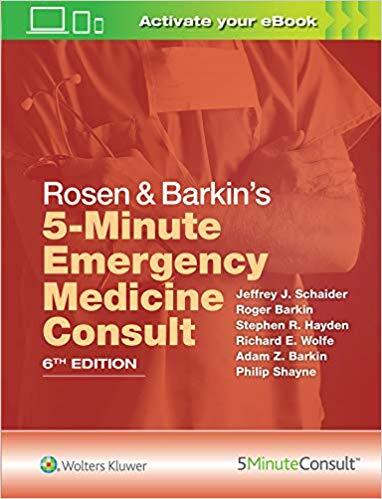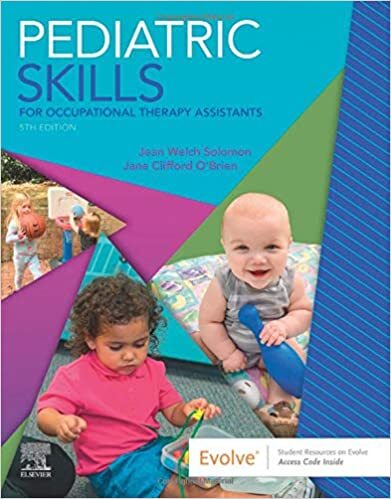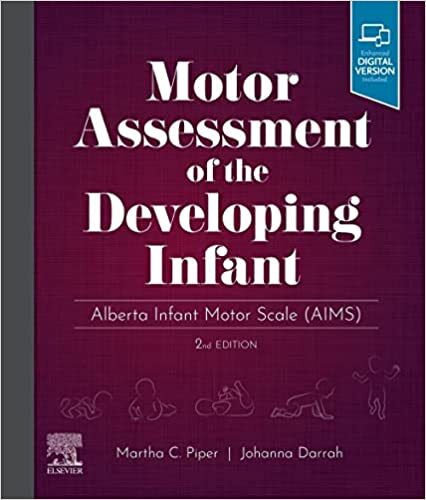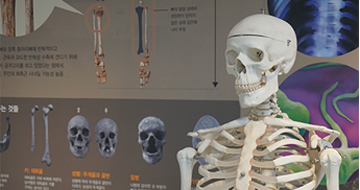Preface xi
Acknowledgements xiii
1 Concepts of Memory 1
Defining Learning and Memory 1
Neurophysiological Mechanisms of Learning and Memory 2
Long-Term Potentiation 4
Occupation and Neural Plasticity 5
Historical Theories of Memory 6
Associationism and Occupation 6
Schema Theory 6
Information Processing Approaches 8
Levels of Memory Processing 11
The Case of Henry Molaison 13
Taxonomies of Memory 17
Tulving’s Hierarchy of Procedural, Semantic and Episodic Memory 18
The Relationship Between Episodic and Semantic Memory 20
Vulnerability of Episodic Memory 21
Episodic Memory and Human Occupation 22
Working Memory 22
The Atkinson and Shiffrin Model of Working Memory 22
The Multicomponent Model of Working Memory 24
Prospective Memory 27
Towards a Culturally Situated Understanding of Memory 34
Conclusion 35
Points for Discussion 36
Activities 36
References 37
2 Memory and Occupation Across the Lifespan 43
Memory in Infancy 44
Implicit Memory in Infancy 46
Ecological Model of Infant Memory: The Task of Crawling and the Development of Memory 46
Autobiographical Memory in Infants 48
Infantile Amnesia 48
Episodic Memory in Children 54
Source Memory and Infantile Amnesia 55
Working Memory from Ages 5 to 1256 Development of Declarative and Procedural Memory 60
Environmental Factors Affecting Declarative Memory 64
Memory in Adolescence 65
Development of the Neocortex and Hippocampus 65
Development of Prospective Memory in Adolescence 66
The Use of Memory Strategies 66
The Growth of ‘Metamemory’ 68
Declarative Metamemory 68
Procedural Metamemory 69
Memory in the Ageing Person69
The Centrality of Occupation 69
Working Memory in Alzheimer’s Type Dementia 69
Selective Impairment of Divided Attention: Implications for Occupational Performance 71
Cognitive Decline with Age in Pre-industrial and Industrial Societies 73
Changes in Prospective Memory: Implications for Occupational Performance 74
Evidence from the ‘Enriched Environments’ Paradigm 76
The Socio-economic Gradient in Dementia 77
Conclusion 83
Points for Discussion 83
Activities 84
References 84
3 Memory Impairments 89
Amnesia 90
Post-traumatic Amnesia 91
Retrograde Amnesia 92
Temporal Gradient in Retrograde Amnesia 92
Explaining Retrograde Amnesia 94
Anterograde Amnesia 97
Explaining Anterograde Amnesia 97
Key Characteristics of Amnesia 98
Alzheimer’s Type Dementia 99
Prevalence 99
Aetiology 99
Treatment 102
Memory in Alzheimer’s Type Dementia 103
Post-traumatic Stress Disorder 111
‘Dual Representation’ Approach to Memory in Post-traumatic Stress Disorder 111
Conclusion 113
Points for Discussion 114
Case Study Vignette 114
Activities 114
Activity 1 114
Activity 2 115
Activity 3 115
References115
4 Occupational Therapy Assessment, Goal Setting and Action Planning with the Person with Memory Impairment 119
Assessment of Memory Impairment and the Philosophy of Occupational Therapy 120
Conceptual Practice Models 121
Model of Human Occupation 121
Ecological Systems Model 122
Person-Environment-Occupation Model 123
Canadian Model of Occupational Performance 124
Kawa Model 124
Functional Information Processing Model 25
Allen’s Cognitive Levels 125
Functional Information Processing Model Assessment Tools 125
Language Issues and the Functional Information Processing Model 127
Frames of Reference 127
General Principles of Memory Assessment 128
Informant-Based Measures 128
Carer Burden 129
Cognitive Rehabilitation in Occupational Therapy 136
Memory Checklist: An Occupation-Focused Approach to Assessment of Memory Impairment 137
Goal Setting for the Person with Memory Impairment 138
Goal Attainment Scaling 141
ABCDE Approach 142
Conclusion 145
Activities 146
Case Study Vignette 1 146
Case Study Vignette 2 147
Case Study Vignette 3 147
References 147
5 Occupational Therapy Action Planning and Treatment Implementation for Children and Adolescents with Memory Impairment 151
Working Memory Impairments in the Classroom 152
Working Memory in Mathematics Performance 159
Attention Deficit/Hyperactivity Disorder and Working Memory Impairments 163
Oppositional Defiant Disorder and Working Memory 164
Memory and Stressful Life Events in Children and Adolescents 168
CaR-FA-X 169
Conclusion 172
Activities 172
Case Study Vignette 1 172
Case Study Vignette 2 173
References 173
6 Occupational Therapy Action Planning and Treatment Implementation for Adults with Memory Impairment Following Acquired Brain Injury 177
Traumatic Brain Injury and Acquired Brain Injury 178
Post-traumatic Amnesia in Traumatic Brain Injury 182
Task Analysis in Traumatic Brain Injury 185
Errorless Learning 188
Situated Learning in Traumatic Brain Injury 190
Adaptations in Acquired Brain Injury 191
The Nature of Memory Impairment in Traumatic Brain Injury 192
Cognitive Rehabilitation 194
Use of Assistive Technology 197
Method of Loci 198
Conclusion 200
Activities 201
Case Study Vignette 1 201
Simulation Task 1 201
Simulation Task 2 202
Case Study Vignette 2 202 References 202
7 Occupational Therapy Action Planning and Treatment Implementation for Older Adults with Memory Impairment 207
Memory Impairments and Occupational Performance 208
Occupational Therapy as a Non-pharmacological Treatment in Dementia 209
Old and New Cultures of Dementia Care 211
Home Environmental Skill-Building Program, Care of Persons with Dementia in Their Environments and Tailored Activity Program 211
Gaps Between Evidence and Practice 216
Reduced Awareness, Anosognosia, Lack of Insight and Social Cognition in Memory Impairment 217
Cognitive Rehabilitation in Dementia Treatment 219
Cognitive Rehabilitation, Cognitive Training and Cognitive Stimulation Therapy 222
Error less Learning in Dementia 224
Treatment of Behavioural and Psychological Symptoms Linked to Dementia 224
Impact of the Environment on People with Dementia 226
Conclusion 230
Activity 230
References 231
Index 235




